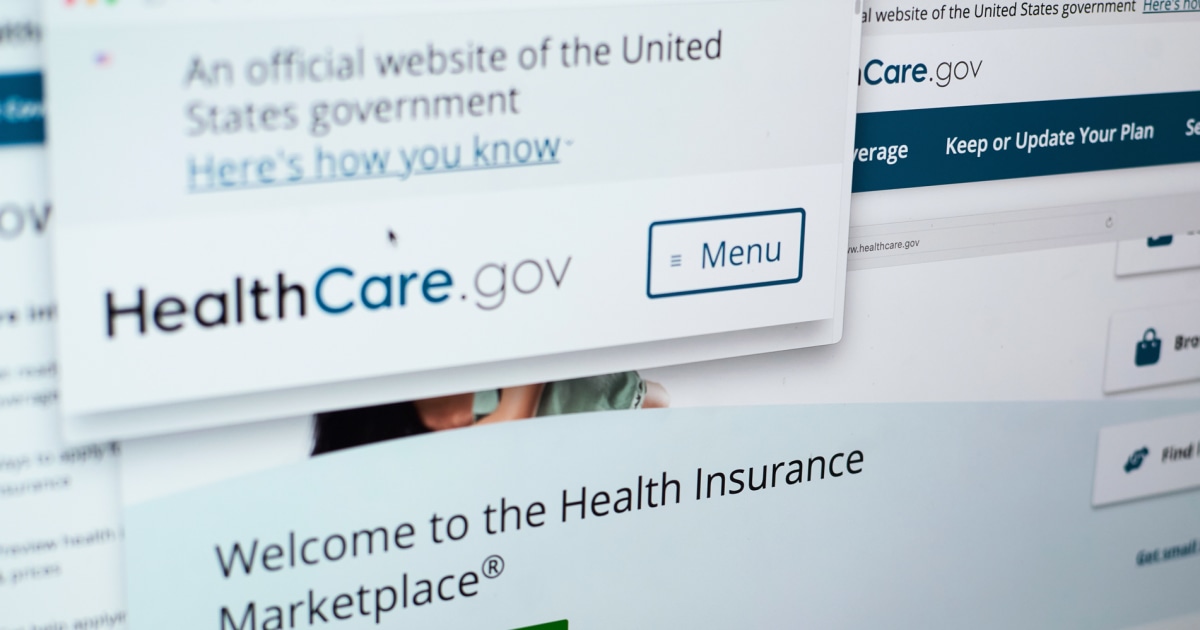
Dutch cancer patients have been denied access to two drugs after the Dutch Healthcare Institute claimed the drug manufacturers did not provide the information necessary to determine whether the drugs were worth their asking price.
One of the pharmaceutical companies involved is disputing this claim. Meanwhile, patients’ lives are at stake.
Reimbursement of drugs in the Netherlands through the basic health insurance package, obligatory for all residents, is only made if they have been proven to work and are cost-effective. The Dutch Healthcare Institute (Zorginstituut Nederland) is in charge of deciding what that package covers.
“The manufacturers have not provided the necessary information, while the Healthcare Institute has explicitly requested this,” the institute said in a statement concerning cancer drugs brexu-cel (also known as brexucabtagene autoleucel) and ripretinib.
The drugs work against leukaemia and gastrointestinal cancer, respectively. However, the manufacturer of brexu-cel disputes this claim, saying it was surprised by the Zorginstituut’s decision and subsequent statements.
“All adjustments were implemented”
According to the institute, it cannot yet advise Dutch Health Minister Fleur Agema (PVV) on the reimbursement from the basic health insurance package for the two drugs. Therefore, the institute is urgently requesting that the drug manufacturers provide it with the necessary information.
“Gilead implemented all requested adjustments by the Institute’s requirements and based on published clinical trial results and expert opinions,” a spokesperson for Gilead told Euractiv.
The spokesperson added that there was one exception to this, where the institute asked the manufacturer to provide for a scenario in which brexu-cel has no curative potential, where 0% of the patients are cured.
“Gilead has stated that it will not include this assumption because the available data, along with input from Dutch experts and past experience with similar treatments, suggest that some patients do achieve long-term survival,” the spokesperson explained.
Survival benefit information needed
The healthcare institute acknowledges that both brexu-cel and ripretinib are effective and can extend the lives of patients but is arguing that it remains unclear how much longer a patient’s life would be extended if they were to take these drugs when compared to the standard care they would receive in the Netherlands.
It said it explicitly requested this information to no avail “despite repeated requests”.
A spokesperson for Gilead directed Euractiv to a study showing that patients receiving their treatment had a median overall survival of 25.4 months, compared to 6.2 months if they were only to receive the standard treatment.
“These results suggest that brexu-cel delivers a meaningful clinical improvement versus [standard] therapy in this patient population,” the study’s authors noted.
It is estimated that every year, around 23 people could be eligible for treatment with brexu-cel, while the number rises slightly to 25 patients in the case of ripretinib.
“The manufacturers are asking high prices, namely €360,000 per patient for a single administration of brexu-cel. And €165,000 to €377,000 per patient per year for treatment with ripretinib,” the Dutch Healthcare Institute said.
The healthcare institute says that while manufacturers are paid well for their products, expenditures on these expensive drugs must be well justified.
The Dutch state ranks second lowest, just after Denmark, in terms of expenditure on medicines as a percentage of healthcare spending. Expenditure on expensive medicines stood at €2.53 billion in 2022.
“It is, of course, sad to know that there is a better medicine for your illness but that it is not available because manufacturers do not want to provide the requested information,” the chairperson of the institute’s board, Mark Janssen, said.
“As a government, we draw the line here. The information that we request from manufacturers is necessary to ensure that we spend the healthcare budget in a socially responsible manner.”
Dutch patients on hold
Gilead’s spokesperson said they remain concerned about the delays for Dutch patients. They highlighted that brexu-cel is already accessible to patients in 16 European countries, while Dutch patients have been waiting for close to 1,000 days to benefit from this treatment.
Janssen said that while they understand that the institute’s decision may be hard for patients and caregivers to swallow, health insurance payers in the Netherlands will be able to retain access to the care they need with their cost-effective strategy.
Deciphera, the manufacturer of ripretinib, did not respond to questions about its alleged lack of cooperation with the Dutch Healthcare Institute.
[Edited by Vasiliki Angouridi, Brian Maguire]
link




